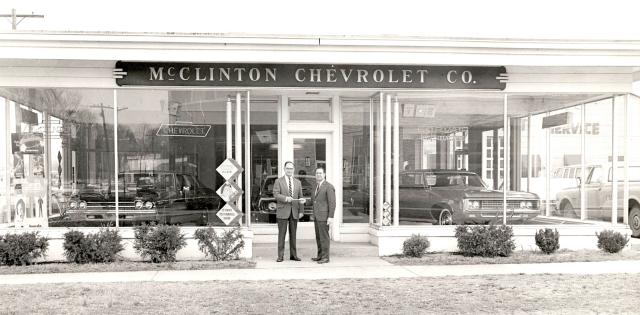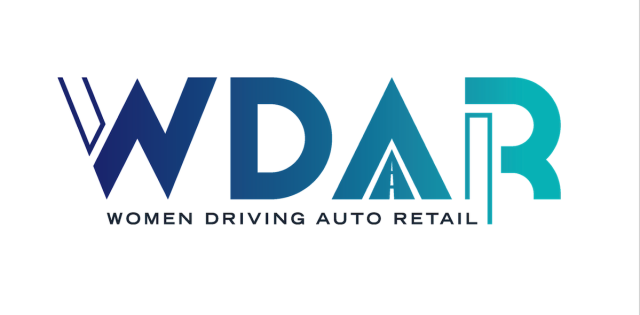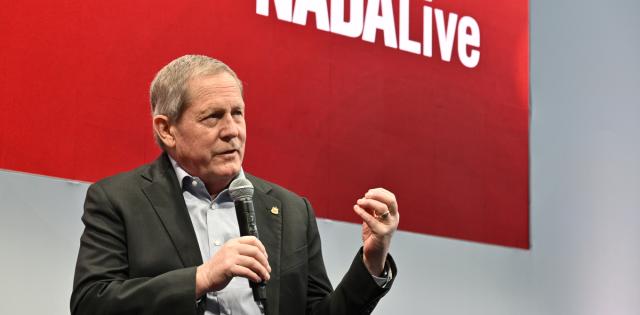A new study released by the American Action Forum, headed by former Congressional Budget Office (CBO) Director Doug Holtz-Eakin, casts doubt on the process the Federal Trade Commission (FTC) used to justify its proposed rule on auto retail.
The FTC, which issued its proposal on July 13, 2022, would dramatically change the car buying process by introducing multiple new disclosures requiring consumer signatures throughout the car buying process – including each time a consumer who is financing their purchase asks about the price of a vehicle.
The study specifically points out the lack of an adequate cost-benefit analysis to justify the massive regulation.
From the study:
“… the proposed rule contains minimal quantitative assessments that federal agencies typically rely on to justify the need and cost of such comprehensive rulemakings. Even if one grants FTC’s overall rationale, one hopes that the agency would be thorough and deliberative in drafting its most significant rulemaking in modern times. Yet the potential flaws in the FTC’s calculations reveal a lack of analytical rigor – perhaps driven by a relative lack of familiarity with considering cost-benefit balances – that raises significant questions about the underlying merits of this rulemaking.”
The study can be viewed in its entirety here.













